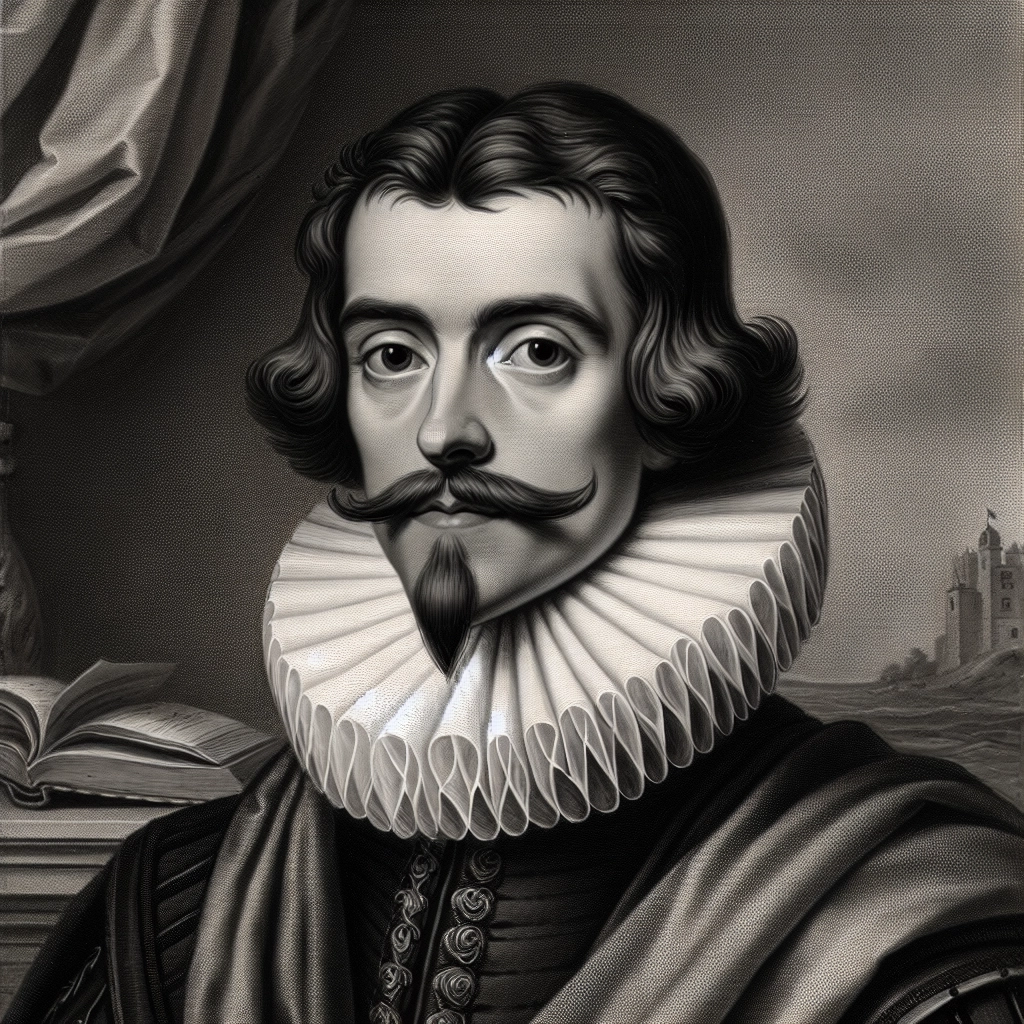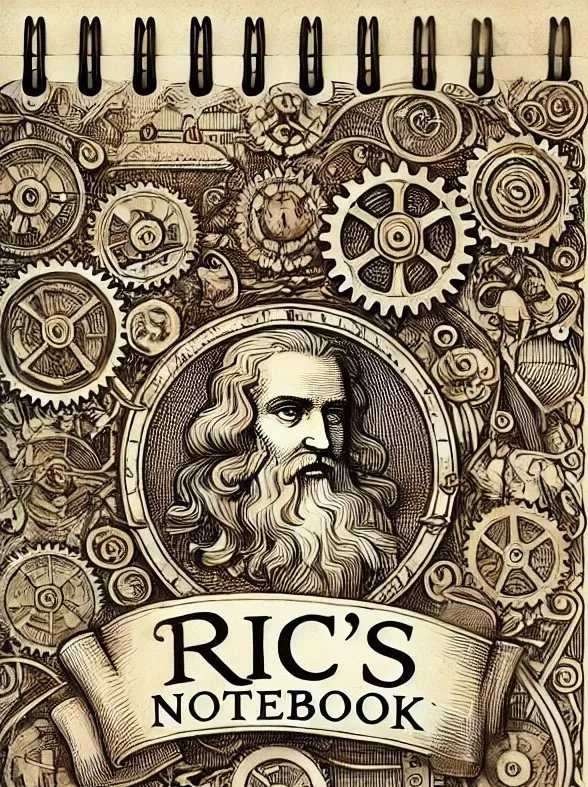
- Published on
- Authors

- Name
- ric de yuga 😄
Francisco de Quevedo: The Satirical Genius of the Spanish Golden Age 🖋️
Francisco de Quevedo y Villegas (1580–1645) was a Spanish nobleman, poet, and political figure, recognized as one of the most brilliant writers of the Spanish Golden Age. His literary legacy is defined by razor-sharp satire, biting social critique, and mastery of conceptismo, a literary style emphasizing concise yet complex expression. His work not only entertained but also exposed the hypocrisy and corruption of 17th-century Spain.
Early Life and Education 🎓
Quevedo was born on September 17, 1580, in Madrid, Spain, into a noble family that had strong connections to the royal court. His upbringing allowed him access to a rigorous education at the Imperial College of Madrid and later at the University of Alcalá, where he studied languages, theology, and philosophy. His intellectual prowess extended to Latin, Greek, and Hebrew, as well as deep knowledge of classical literature, which heavily influenced his writing.
A Life of Politics and Controversy ⚔️
Beyond his literary endeavors, Quevedo was deeply involved in the turbulent politics of his time. He became a close ally of the Duke of Osuna, who was appointed Viceroy of Naples. Quevedo served as Osuna’s secretary and diplomat, engaging in espionage and political strategy. However, when the duke fell from favor, Quevedo was imprisoned and later exiled, a fate he endured multiple times due to his sharp tongue and involvement in court intrigues.
Despite his political misfortunes, Quevedo’s literary output remained prolific, producing poetry, essays, and satirical prose that cemented his reputation as one of Spain’s most influential writers.
Literary Contributions and Satirical Brilliance ✍️
Quevedo’s writing style, conceptismo, was characterized by wit, brevity, and wordplay, making his work both intellectually engaging and deeply humorous. His satire targeted every level of Spanish society, from corrupt politicians and hypocritical clergy to the superficiality of the aristocracy.
Notable Works 📜
- "El Buscón" (The Swindler): A picaresque novel about a young rogue’s misadventures in a corrupt society, brimming with dark humor and social critique.
- "Sueños" (Dreams): A series of satirical visions that expose human folly, greed, and corruption through allegorical dream sequences.
- "Poderoso caballero es Don Dinero" (The Powerful Knight, Sir Money): A poem that highlights the influence of wealth over morals and honor.
- "Amor constante más allá de la muerte" (Love Constant Beyond Death): One of Quevedo’s most famous sonnets, reflecting on the transcendence of love beyond mortality.
- "La hora de todos y la Fortuna con seso" (The Hour of All and Fortune with Sense): A work criticizing social and political injustices through allegory and satire.
Themes and Style 🎭
Quevedo’s works are infused with social critique, dark humor, and philosophical depth. His satire was particularly ruthless against:
- The Aristocracy: Portrayed as vain, corrupt, and obsessed with wealth and power.
- The Clergy: Often depicted as hypocritical and more concerned with material indulgences than spiritual guidance.
- Linguistic Excess: Quevedo was a fierce critic of culteranismo, an overly ornate literary style, favoring instead the sharp and concise nature of conceptismo.
Despite the scathing nature of his critiques, Quevedo's humor made his works immensely popular, both in his time and for future generations.
Legacy and Influence 📚
Quevedo's literary genius has influenced countless writers across centuries. His fearless critique of society remains relevant, inspiring authors such as Benito Pérez Galdós and Ramón María del Valle-Inclán, as well as international literary figures like Lord Byron and Alexander Pushkin. His aphorisms and sharp-witted remarks continue to resonate in modern Spanish culture.
Even centuries after his death on September 8, 1645, in Villanueva de los Infantes, Quevedo’s words continue to provoke thought, entertain, and remind readers of the timeless absurdities of human nature. His legacy as one of Spain’s greatest satirical minds remains unchallenged. 🏛️✨
